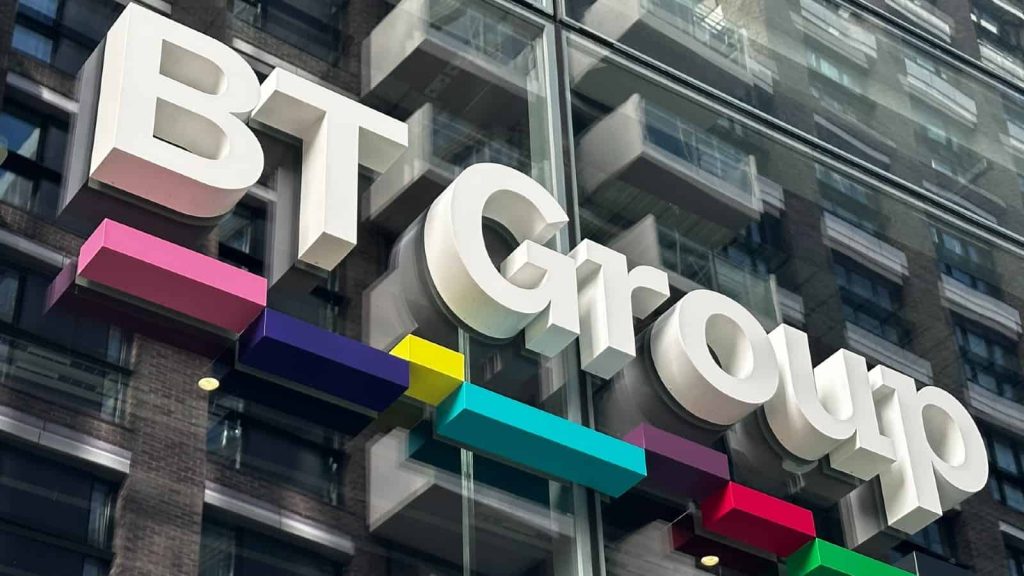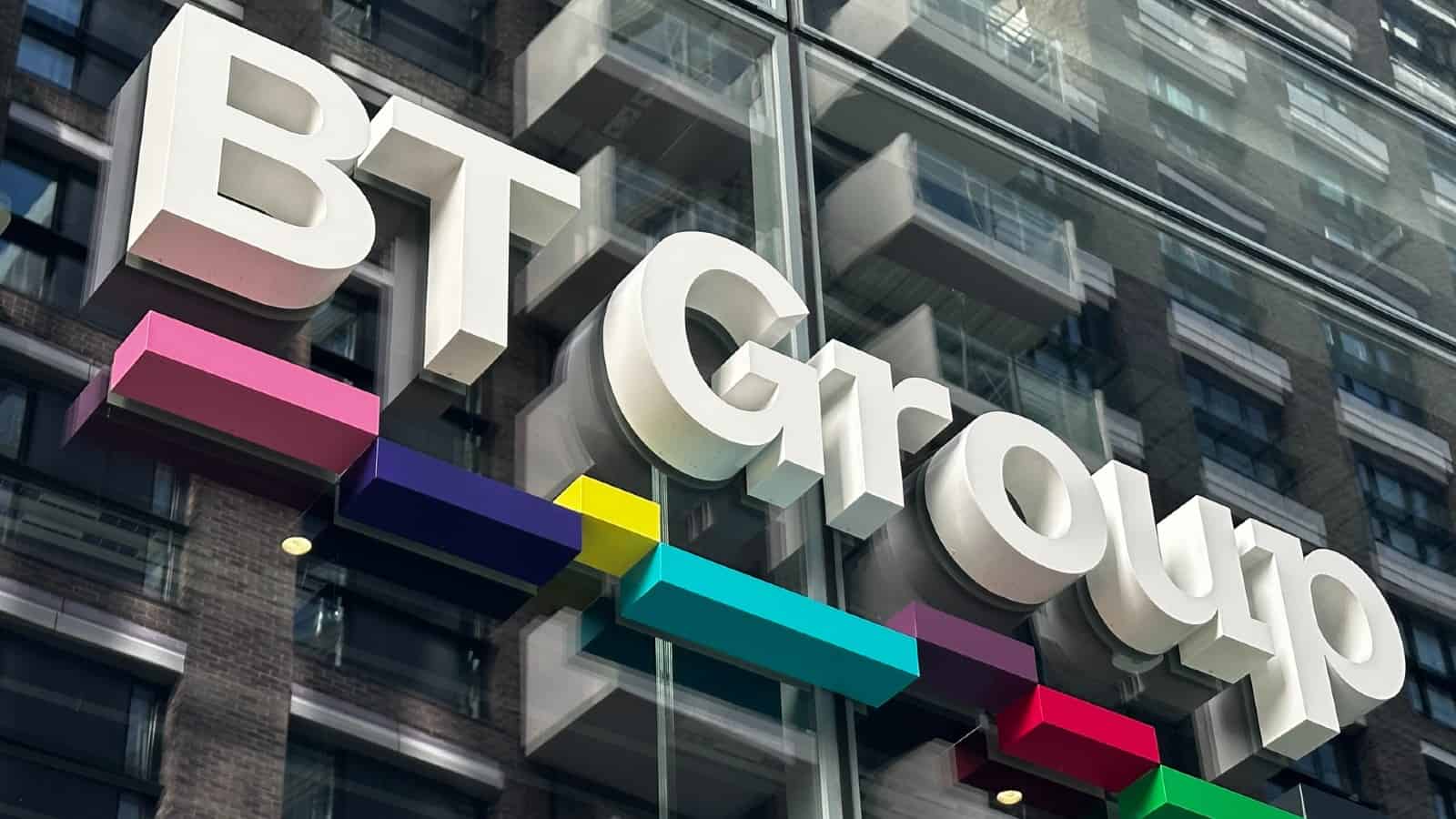Should I add to my BT holding now, with the share price near a 12-month high?


BT’s (LSE: BT.A) share price has risen 49% from its 8 August one-year traded low of £1.30. The last time it spent time around the current price level was mid-July 2022.
This might deter some investors from considering it, on the idea that it cannot have much room left for further appreciation. Conversely, others may think they must jump on the bullish bandwagon to avoid missing out on additional gains.
As a former senior investment bank trader and longtime private investor, I know neither approach is conducive to generating big long-term profits.
The value proposition
The key factor for me is whether there is any value left in them. Regardless of any price rise, there could well be, as price and value are not the same thing. Price is simply what the market will pay for the share. Value is what the stock is fundamentally worth, based on the underlying business.
The core tool I use to ascertain the value of any share is the discounted cash flow (DCF) model. This pinpoints the price at which any stock should be trading, based on cash flow forecasts for the firm.
And the key driver behind these will be earnings (or profit) growth projections. Indeed, it is ultimately this that will drive any company’s share price (and dividends) higher over time.
How does this firm stack up?
A risk to BT’s earnings is from the intense competition in the telecoms sector, which could squeeze its margins. Another is any sustained problem in its network infrastructure that would be costly to fix and could damage its reputation.
That said, analysts forecast that BT’s earnings will grow 13.7% each year to the end of its fiscal year 2027/28. This looks well supported by the firm’s fiscal year 2024/25 results published on 22 May.
Profit after tax jumped 23% year on year to £1.054bn, while basic earnings per share climbed 24% to 10.8p. Meanwhile, net cash inflow from operating activities rose 17% to £6.989bn. And this can be a major growth driver in itself.
On a broader note, it set new record build and connection highs, with its full-fibre network reaching more than 18m homes and businesses. Following this, it aims for 25m customers in 2026 and 30m by the end of the decade.
So what does the valuation look like?
The discount cash flow (DCF) for BT shares shows they are 68% undervalued at their current price of £1.94. This is despite their price rise over the year. Therefore, their fair value is £6.06.
This is a standalone valuation based on this firm’s fundamentals, regardless of comparisons with other companies. Consequently, it is the cleanest form of valuation assessment, in my view.
Will I buy more of the stock?
I added to my holding in BT before these latest figures came out. This was based on its earnings growth potential and the extreme undervaluation in its share price, even then.
Given this, I am happy with the holding I have so will not buy more yet. However, I think the stock is well worth other investors’ consideration based on the same factors that prompted me to buy it.
The post Should I add to my BT holding now, with the share price near a 12-month high? appeared first on The Motley Fool UK.
Should you invest £1,000 in BT right now?
When investing expert Mark Rogers has a stock tip, it can pay to listen. After all, the flagship Motley Fool Share Advisor newsletter he has run for nearly a decade has provided thousands of paying members with top stock recommendations from the UK and US markets.
And right now, Mark thinks there are 6 standout stocks that investors should consider buying. Want to see if BT made the list?
More reading
- Near a 5-year high, is there still value in the BT share price?
- Investing £1,000 in BT shares 5 years ago: here’s how much could have been made…
- A top UK share to consider buying when the markets melt down?
- 2 UK stocks that could be under pressure if fiscal problems keep rising
- Prediction: in 12 months the BT share price could be…
Simon Watkins has positions in Bt Group Plc. The Motley Fool UK has no position in any of the shares mentioned. Views expressed on the companies mentioned in this article are those of the writer and therefore may differ from the official recommendations we make in our subscription services such as Share Advisor, Hidden Winners and Pro. Here at The Motley Fool we believe that considering a diverse range of insights makes us better investors.





